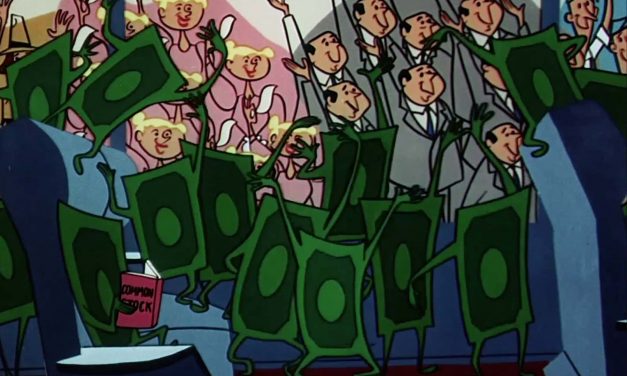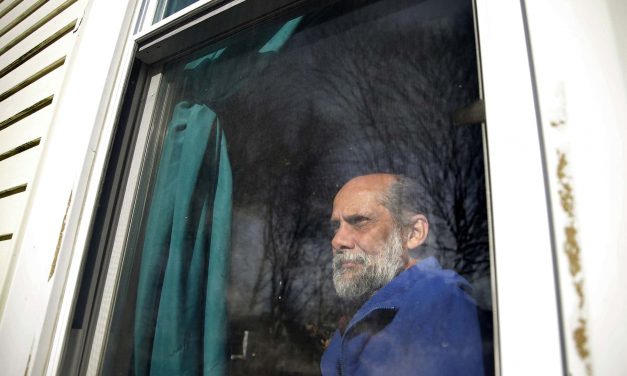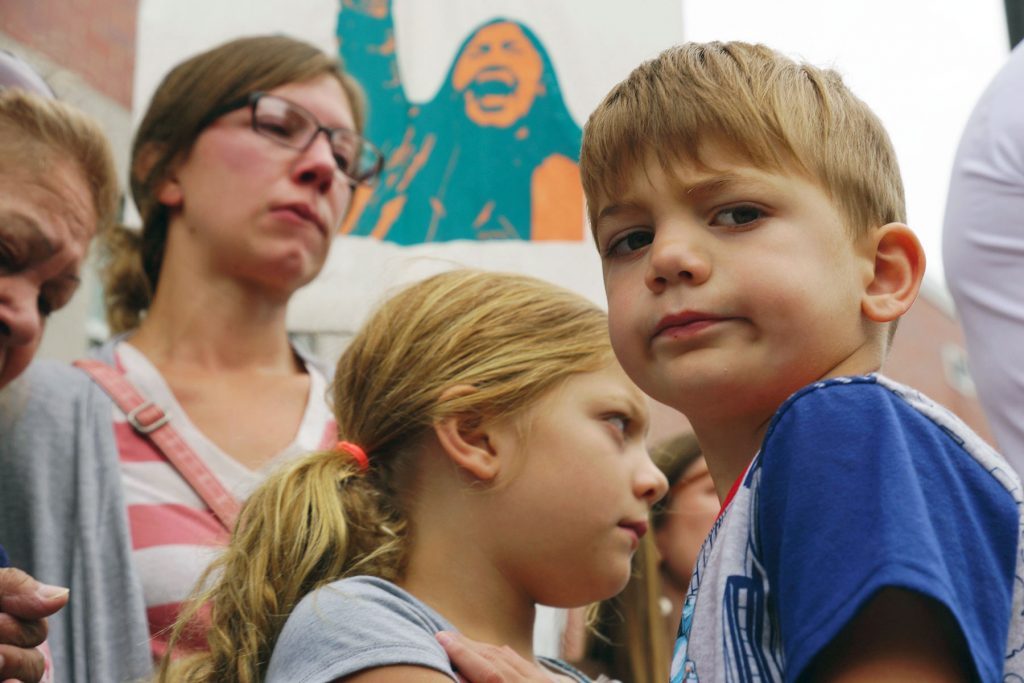Cold War Manipulation: Why socialism was branded as un-American to promote the virtues of capitalism
By Oana Godeanu-Kenworthy, Associate Teaching Professor of American Studies, Miami University When Bernie Sanders emerged as a Democratic front-runner in the race for the presidential nomination, some left-leaning pundits and publications were concerned about what they saw as his potential lack of electability. Sanders is a Democratic Socialist. And the label “socialist” has been a political liability in American culture. According to a Gallup poll released on February 11 only 45% of Americans would vote for a socialist. I am a scholar of American culture with an interest in the relationship between political ideologies and popular culture. In my...
Read More















